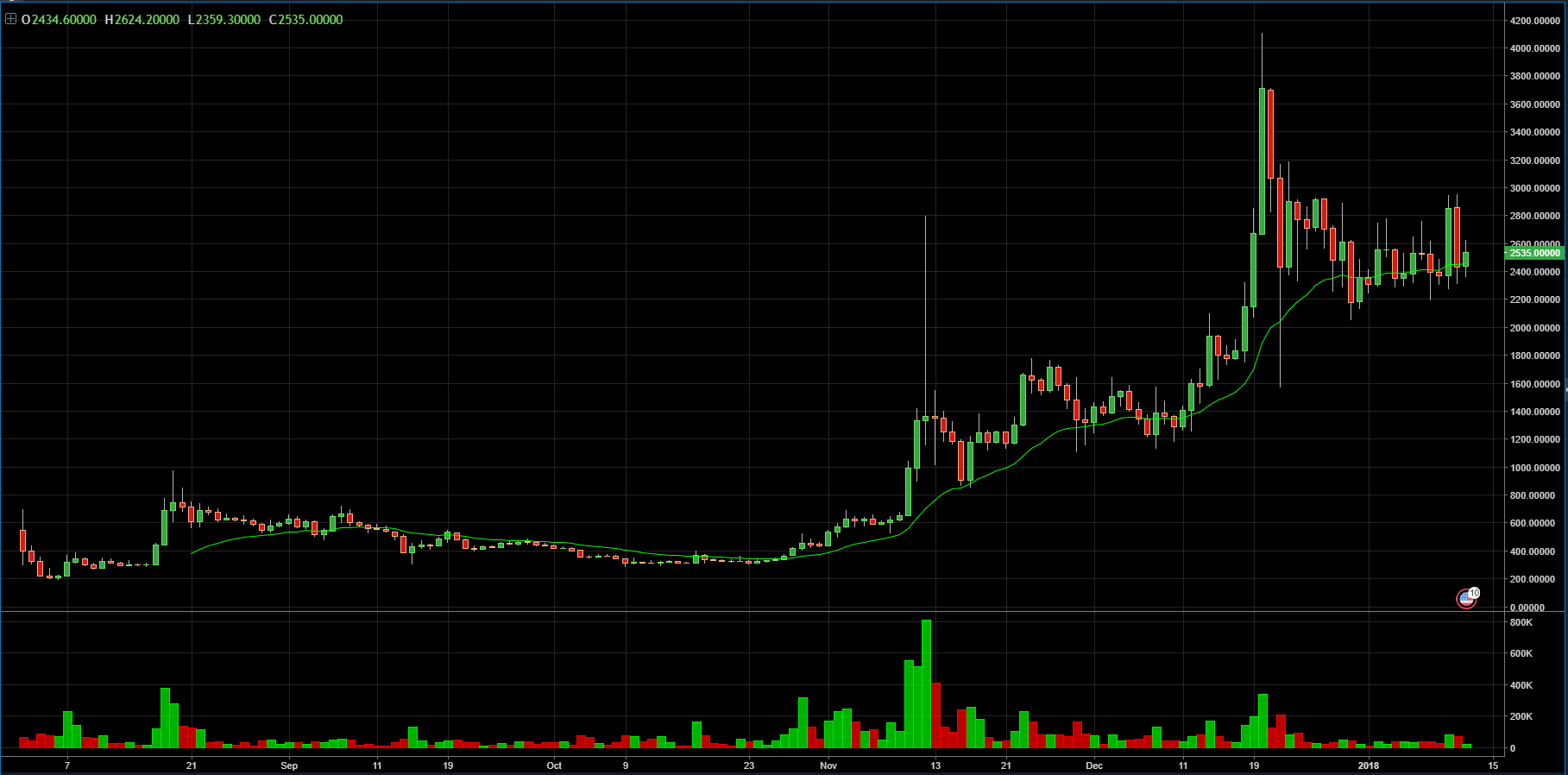Bitcoin Cash is a cryptocurrency that split from Bitcoin Classic in a ‘fork’ event, where holders of the original Bitcoin were allowed to exchange their units for new Bitcoin Cash units.
The split from which Bitcoin Cash emerged was driven by a disagreement among Bitcoin stakeholders about altering the code of Bitcoin to allow it to process transactions at a greater speed.

Bitcoin Cash is now a successful independent cryptocurrency.
The Transaction Dilemma
Bitcoin was originally a niche currency used by a small section of people for transacting on the Internet.
As Bitcoin grew in popularity, its original design proved incapable of processing transactions at anywhere near the speed of competitor transactional intermediaries, such as Visa or PayPal.
Some of the stakeholders in Bitcoin wanted to alter the code that it operates on so that Bitcoin could process transactions at a much greater speed.
The ensuing disagreement among Bitcoin stakeholders led to an impasse, and a fork event was set for those who wished to use the new processing code and exchange their original Bitcoin units for the new Bitcoin Cash.
Bitcoin Cash and Transaction Times
Bitcoin Cash has successfully reduced transaction times to an average of 10 minutes, and has guaranteed that all pending transactions will take place during the subsequent clearing process, as opposed to the original Bitcoin where transactions could be stalled for an extended period of clearings.
There are further discussions taking place that aim to reduce the average transaction clearing time of Bitcoin Cash to 2 minutes or less.
Final Thoughts
The foundational promise of cryptocurrencies is in its ability to facilitate transactions, yet contemporary cryptocurrencies have failed to live up to that promise due mostly to the extended transaction times.
Bitcoin Cash aims to drastically reduce transaction times to make itself competitive with contemporary transactional financial institutions, such as Visa or PayPal.


